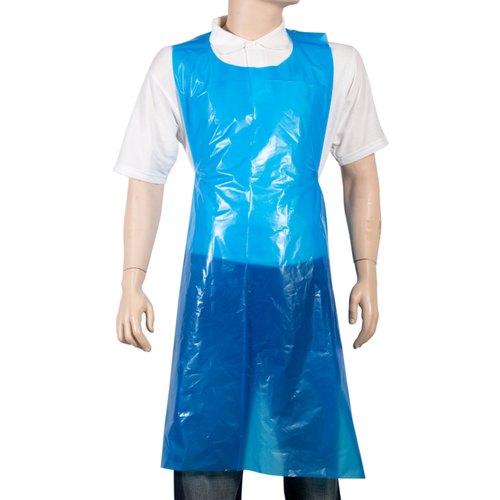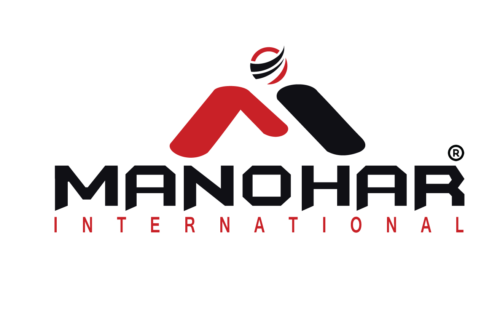Plastic Apron vs Traditional Apron: Which One Is Right for You?

Choosing the right apron is essential for ensuring comfort, protection, and hygiene in various professional and domestic settings. Whether you work in healthcare, food service, or industrial environments, understanding the differences between plastic aprons and traditional aprons can help you make an informed decision.
Hygiene and Protection
Plastic aprons are widely favored in industries where hygiene is critical. Made from waterproof materials like polyethylene (PE), PVC, or TPU, plastic aprons provide a reliable barrier against liquids, chemicals, and contaminants. Their disposable nature ensures single-use protection, significantly reducing the risk of cross-contamination and infection spread. This makes them ideal for hospitals, laboratories, and food processing units where maintaining sterile conditions is non-negotiable. In contrast, traditional aprons—often made from cloth or fabric—can absorb liquids and require frequent laundering, which may not always guarantee complete sterilization.
Durability and Reusability
Traditional aprons are generally reusable and made from durable fabrics such as cotton or polyester blends. They offer longevity and can be cost-effective over time if properly maintained. However, their fabric nature means they can stain, retain odors, and harbor bacteria if not cleaned thoroughly. Plastic aprons, especially disposable ones, are designed for single use, which eliminates laundering but raises concerns about environmental impact. Some plastic aprons, like those made from PVC or TPU, are reusable and offer good chemical resistance and durability, but they tend to be heavier and less flexible than their disposable PE counterparts.
Comfort and Flexibility
Traditional aprons often provide greater comfort and breathability due to their fabric composition. They are softer on the skin and allow better airflow, which is beneficial during long working hours. Plastic aprons, while lightweight, can sometimes feel less breathable and may cause discomfort in hot or humid conditions. However, advances in materials like TPU have improved flexibility and comfort, making plastic aprons more user-friendly.
Cost and Convenience
Disposable plastic aprons are cost-effective for short-term or single-use scenarios. They save time and resources by eliminating the need for washing and maintenance. This convenience is especially valuable in fast-paced environments like hospitals or food service industries. Traditional aprons require investment in laundry and care but can be more economical for long-term use. The choice depends on the specific needs of the workplace and hygiene standards.
Environmental Impact
One significant consideration is the environmental footprint. Disposable plastic aprons contribute to plastic waste, which can harm ecosystems if not properly managed. Traditional aprons, being reusable, have a lower immediate waste impact but require water and energy for laundering. The industry is seeing a push towards eco-friendly alternatives and recyclable materials to balance hygiene needs with sustainability.
Availability and Sourcing in India
India is a key player in the production and distribution of plastic aprons. Plastic apron manufacturers in India offer a wide range of options tailored to different industries, ensuring quality and compliance with safety standards. Plastic apron suppliers in India provide easy access to these products domestically, while plastic apron exporters in India help meet global demand with competitive pricing and reliable supply chains.
Conclusion
Choosing between a plastic apron and a traditional apron depends on your specific requirements for hygiene, durability, comfort, cost, and environmental considerations. For high-hygiene, single-use needs, plastic aprons are the preferred choice, especially in healthcare and food industries. Traditional aprons remain valuable for reusable, comfortable protection in less contamination-sensitive settings. Understanding these factors will help you select the apron that best fits your professional or personal needs.

